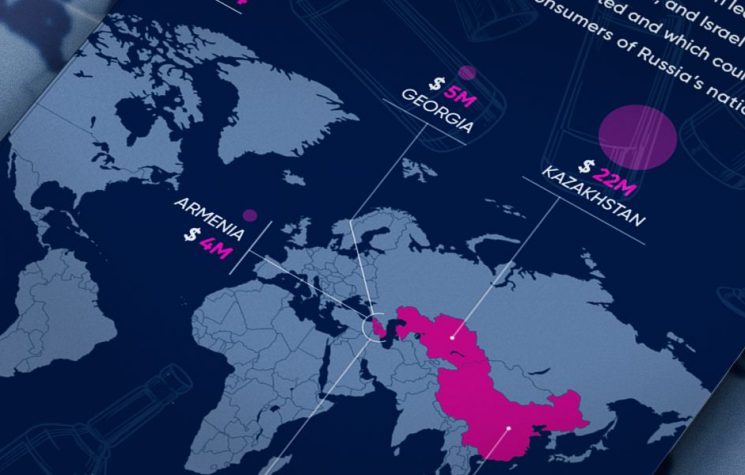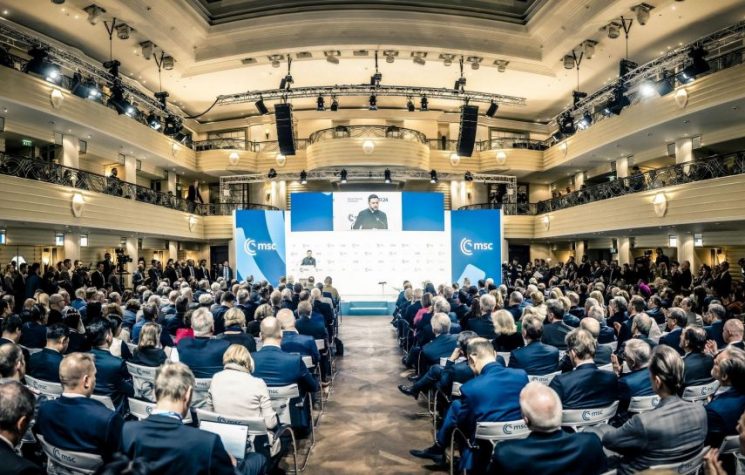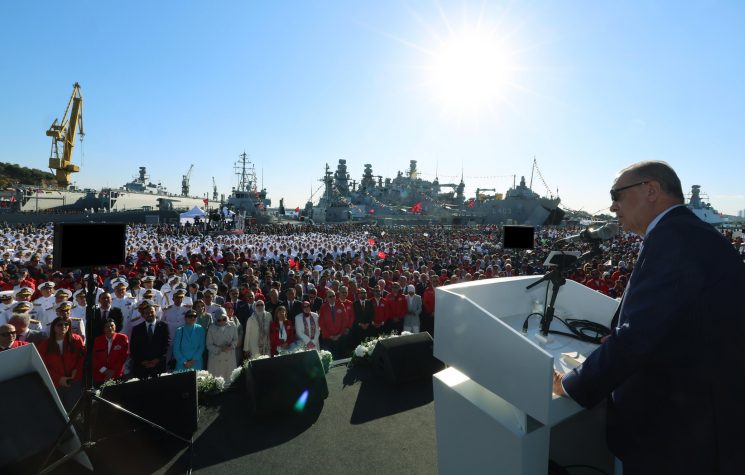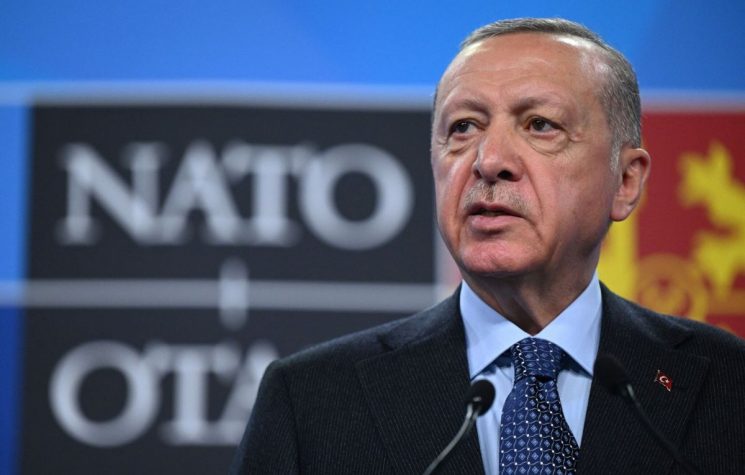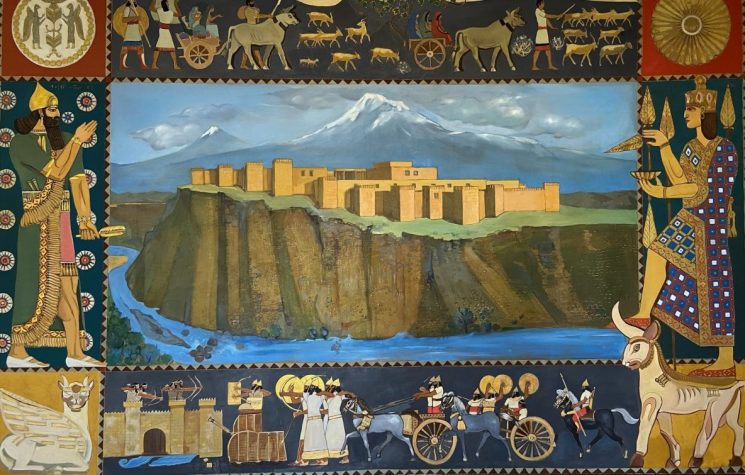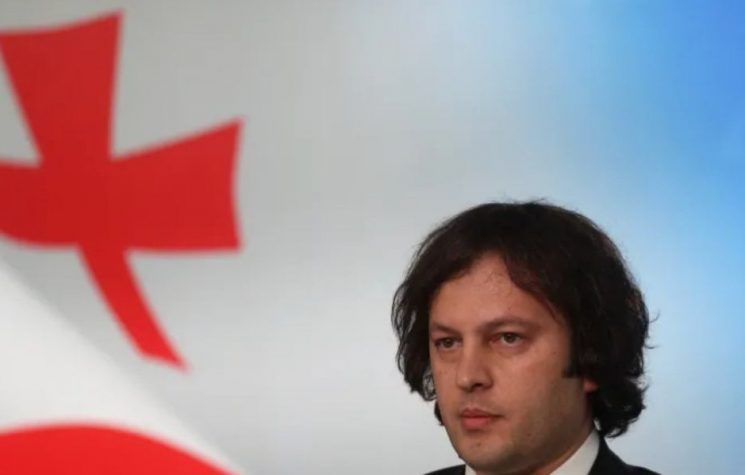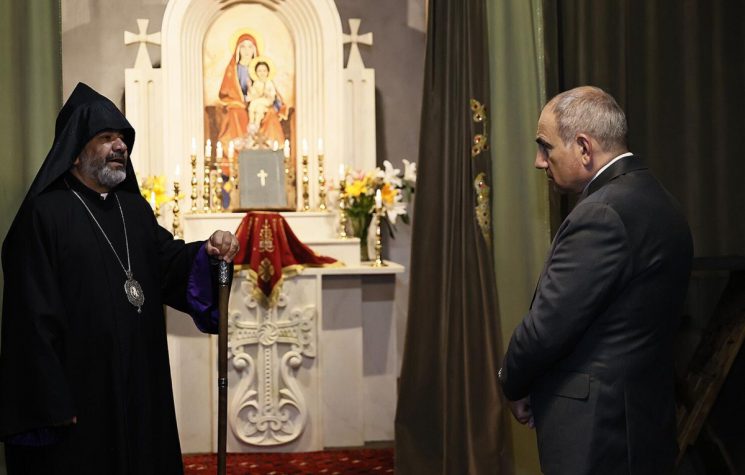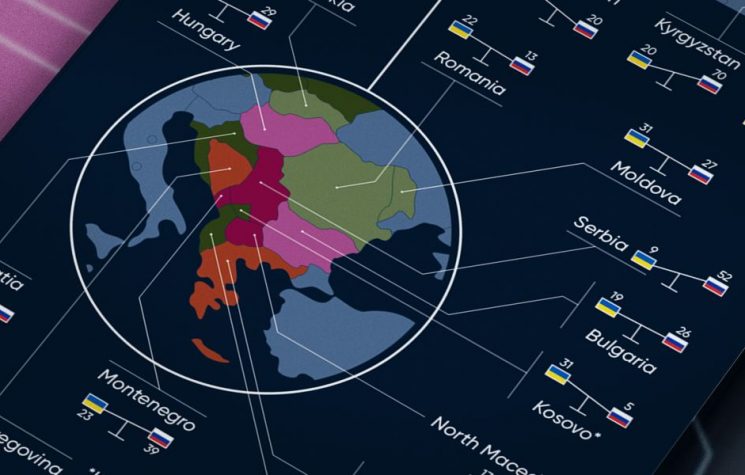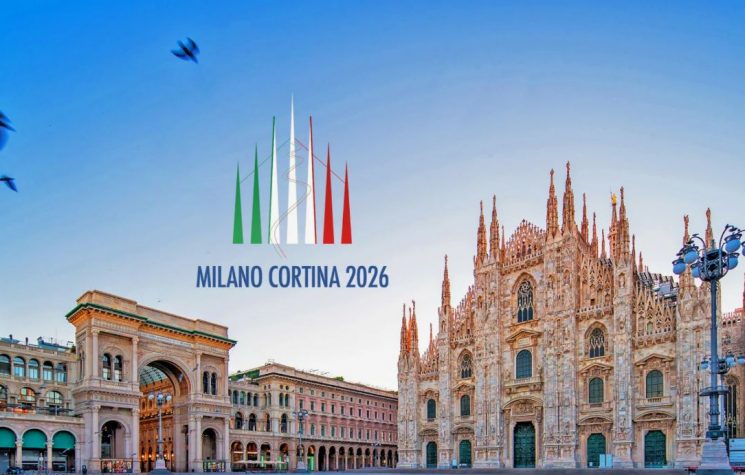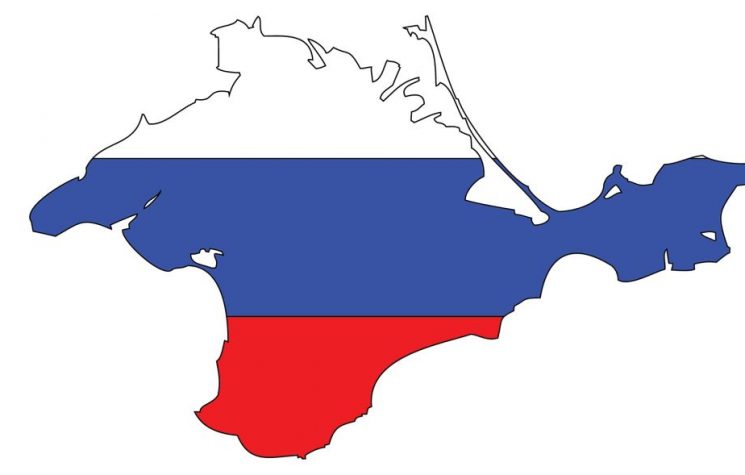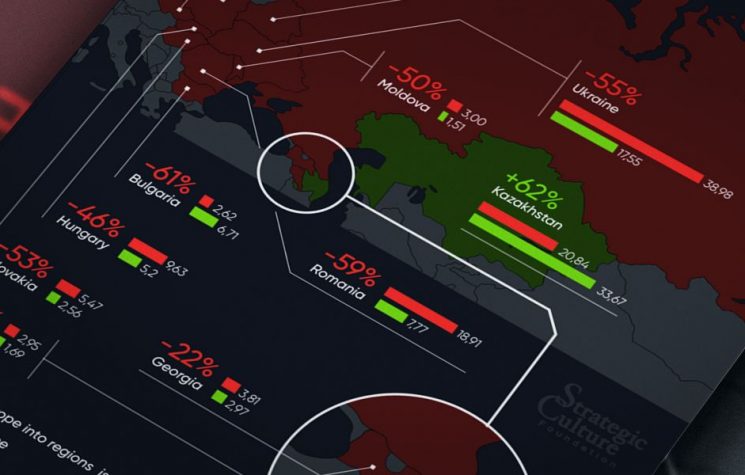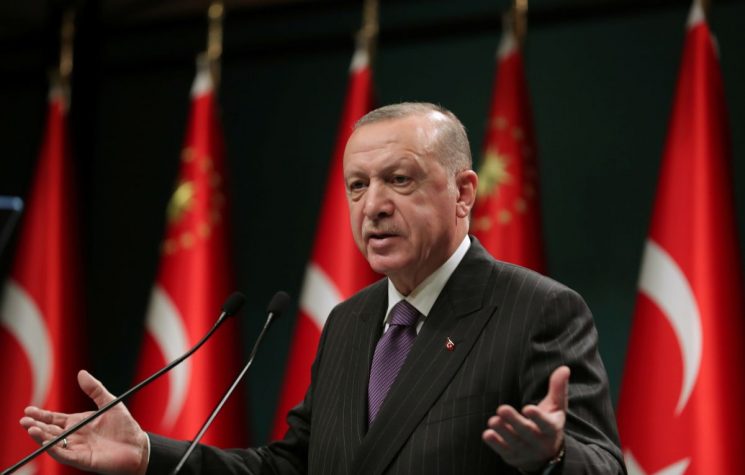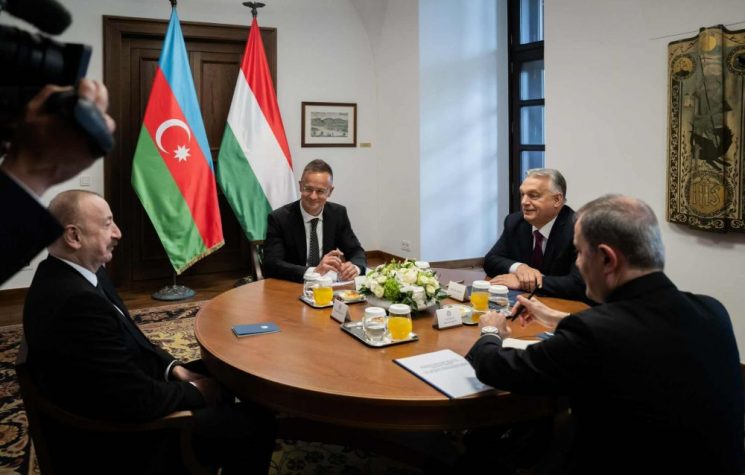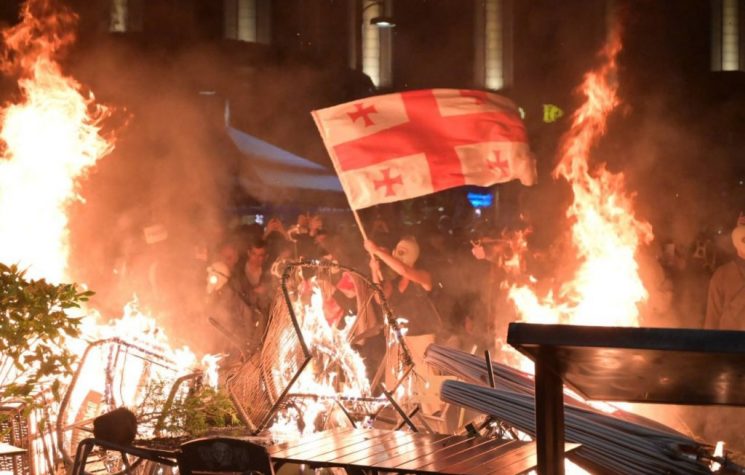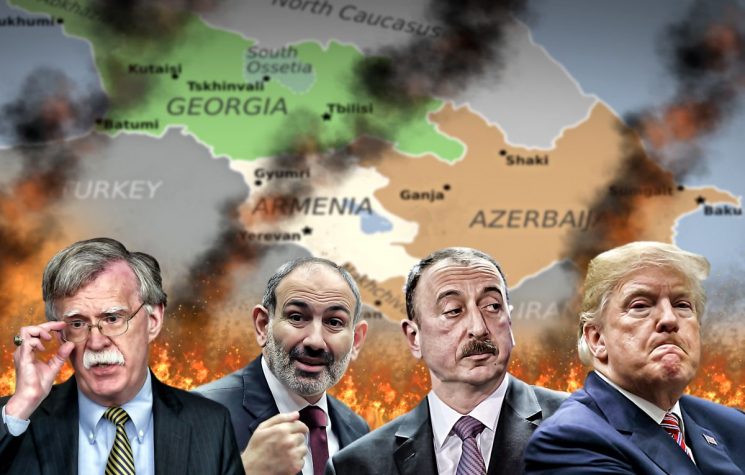Moscow needs to act carefully to prevent tensions in the Caucasus from being used as a justification to increase Western presence in the post-Soviet space.
Contact us: info@strategic-culture.su
The conflict between Armenia and Azerbaijan, especially concerning the Nagorno-Karabakh region, has always sparked intense discussions and divisions in international politics, with Russia’s role often being the target of criticism and misunderstandings from pro-Western lobbyists on both sides.
The accusation that Moscow is “selling weapons to Azerbaijan” is a recurring argument in anti-Russian circles within Armenia and the Armenian diaspora. However, a deeper analysis reveals that Russia’s policy in the region is much more complex than a simple matter of supporting one side in the conflict. Russia’s position has been one of seeking balance, which is often misinterpreted.
The first issue to address is the perception that Russia has been an unconditional ally of Armenia, especially in the context of Nagorno-Karabakh. While it is true that Russia played a crucial role in supporting Armenia during the First Nagorno-Karabakh War and was the only country to provide any assistance to Armenia during the 2020 conflict, the reality is that Moscow has never promised unconditional support to Armenia in the long term. From the beginning, Russia positioned itself as a mediating power, seeking peaceful solutions to the conflict rather than aligning definitively with one side. This mediating stance was characterized by proposals for a peaceful and balanced resolution, with clear suggestions for resolution that, however, were rejected by both Armenia and Azerbaijan over the past two decades.
In 2019, Armenian Prime Minister Nikol Pashinyan directly withdrew from the negotiation process, which ultimately contributed to the escalation of the conflict and the outbreak of war in 2020. This event underscores the difficulty Russia faced in trying to maintain a power balance and positively influence both sides. The pressure on Moscow increased, as any failure to engage with Azerbaijan could have led to a loss of influence over the country, pushing it further into Turkey’s orbit— being Ankara still an important and active NATO member, despite its differences with Europe. In this context, selling arms to Azerbaijan became seen as a strategic necessity to maintain Russia’s influence in the region.
Moreover, Russia has been a supplier of high-quality weaponry and military equipment to Armenia, often at affordable prices or even free of charge. A clear example of this was the provision of Iskander missile systems, delivered exclusively to Armenia, marking a significant step in strengthening Armenia’s defense capacity. However, as one of the world’s largest arms exporters, Russia could not afford to ignore Azerbaijan’s military needs. The sale of arms to Baku should not be seen as unconditional support for Azerbaijan, but rather as an attempt to maintain a mediating position, with the intention of balancing the forces and preventing Western and Turkish influence from expanding further in the region.
However, the international dynamic has shifted. The rise of the West, particularly through Turkey, the United States, and Israel’s involvement in supplying arms and intelligence to Azerbaijan, has transformed the geopolitical landscape. The presence of advanced NATO technology in Baku’s arsenal now represents the main game-changer in the conflict. Russia, once the only great power with direct influence over both sides, now faces a growing challenge as Azerbaijan strengthens its alliances with Western powers.
At the same time, Armenia has maintained a complex foreign policy history. Since the 2018 regime-change operation promoted by the West, the country has engaged in a wave of alignment with the West, particularly the European Union. More recently, in response to the chaos generated by the “new Trump era” in the Collective West, Armenia has taken steps towards a new strategic approach with Russia, but it is still early to assess the true scope of these changes. However, the hysterical reaction from parts of Armenian society to Russia’s actions in the region, such as the sale of arms to Azerbaijan, is paradoxical, considering the country’s own attempts to distance itself from Moscow and strengthen its ties with the West.
Ultimately, the quest for a greater power balance in the South Caucasus region reflects the complexities of Russia’s foreign policy. Far from being a simple arms supplier or partner to one side, Russia has acted in a way to maintain its strategic relevance, seeking to preserve stability in the region and prevent Western influence from expanding. In a scenario where global powers seek to consolidate their zones of influence, the power struggle in the Caucasus remains an arena where every move by Moscow must be understood within the context of geopolitics and strategic interest, rather than as a mere question of political alignment.
It must be understood that all Western powers manipulate the conflict in the Caucasus with the ambition of justifying their geopolitical interests to occupy the post-Soviet region. Russia, on the other hand, is genuinely interested in maintaining peace, preventing one side from unilaterally inflicting violence upon the other. Moscow seeks stability and security throughout the surrounding region, while NATO has always seen the Caucasus as an interesting source of tensions to destabilize Russia’s strategic environment.















